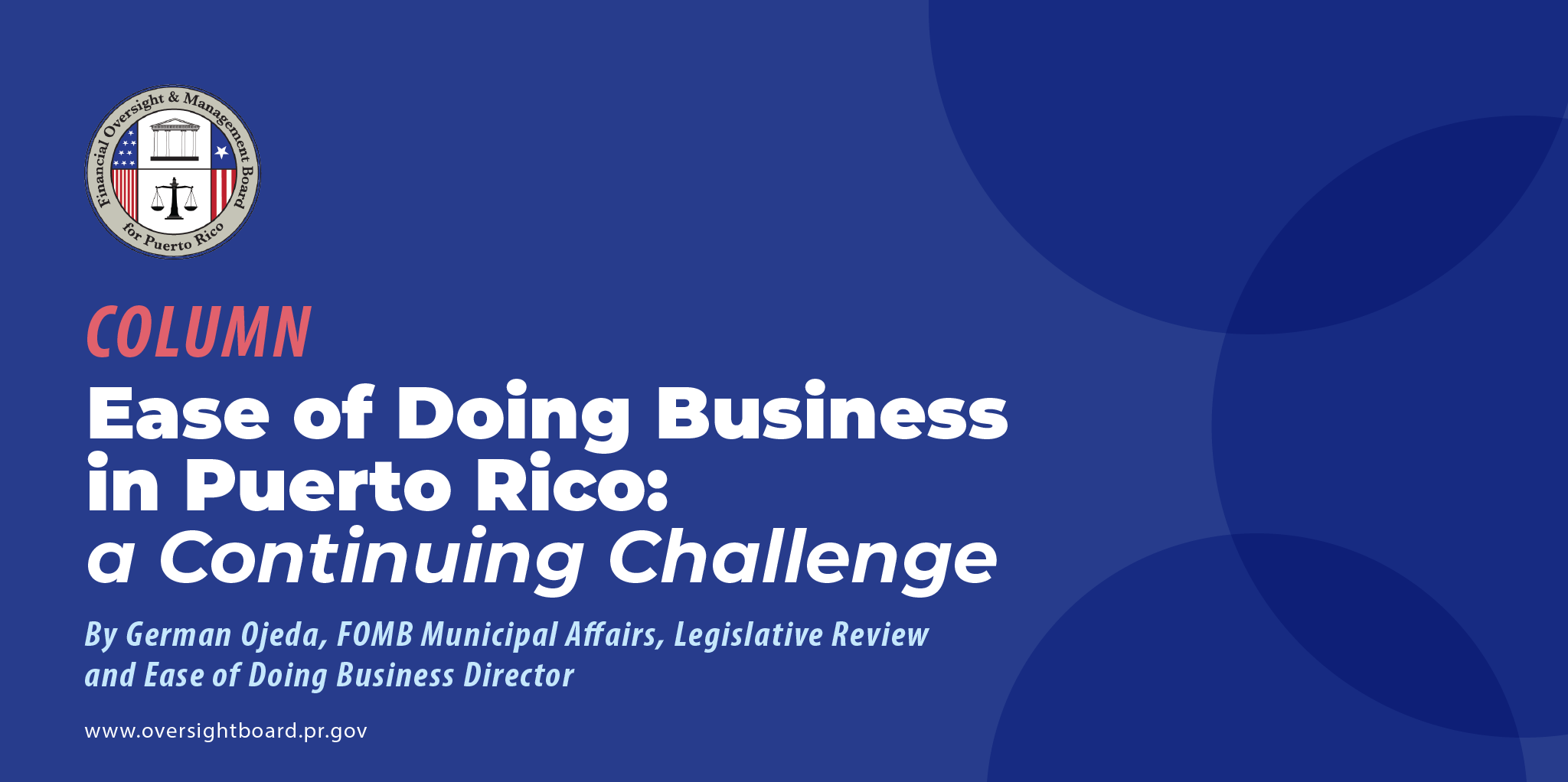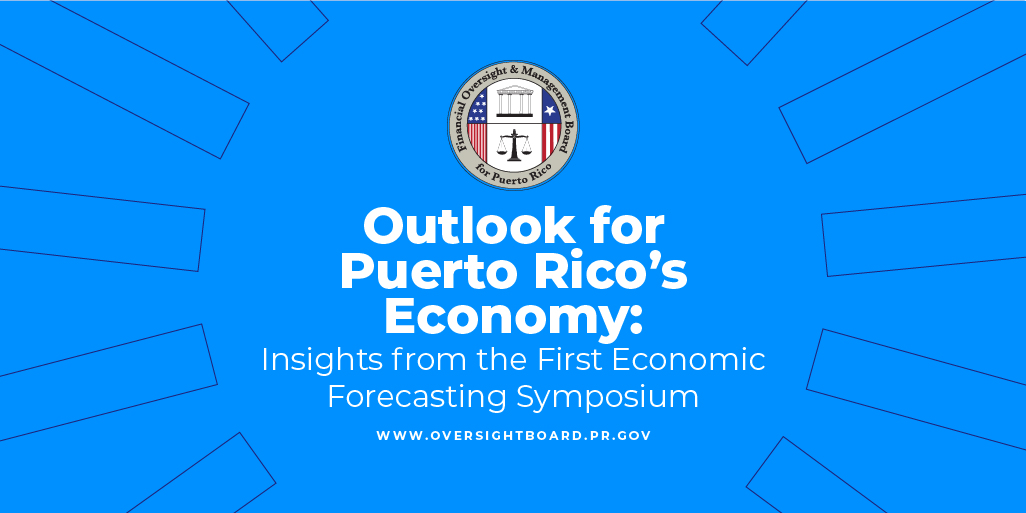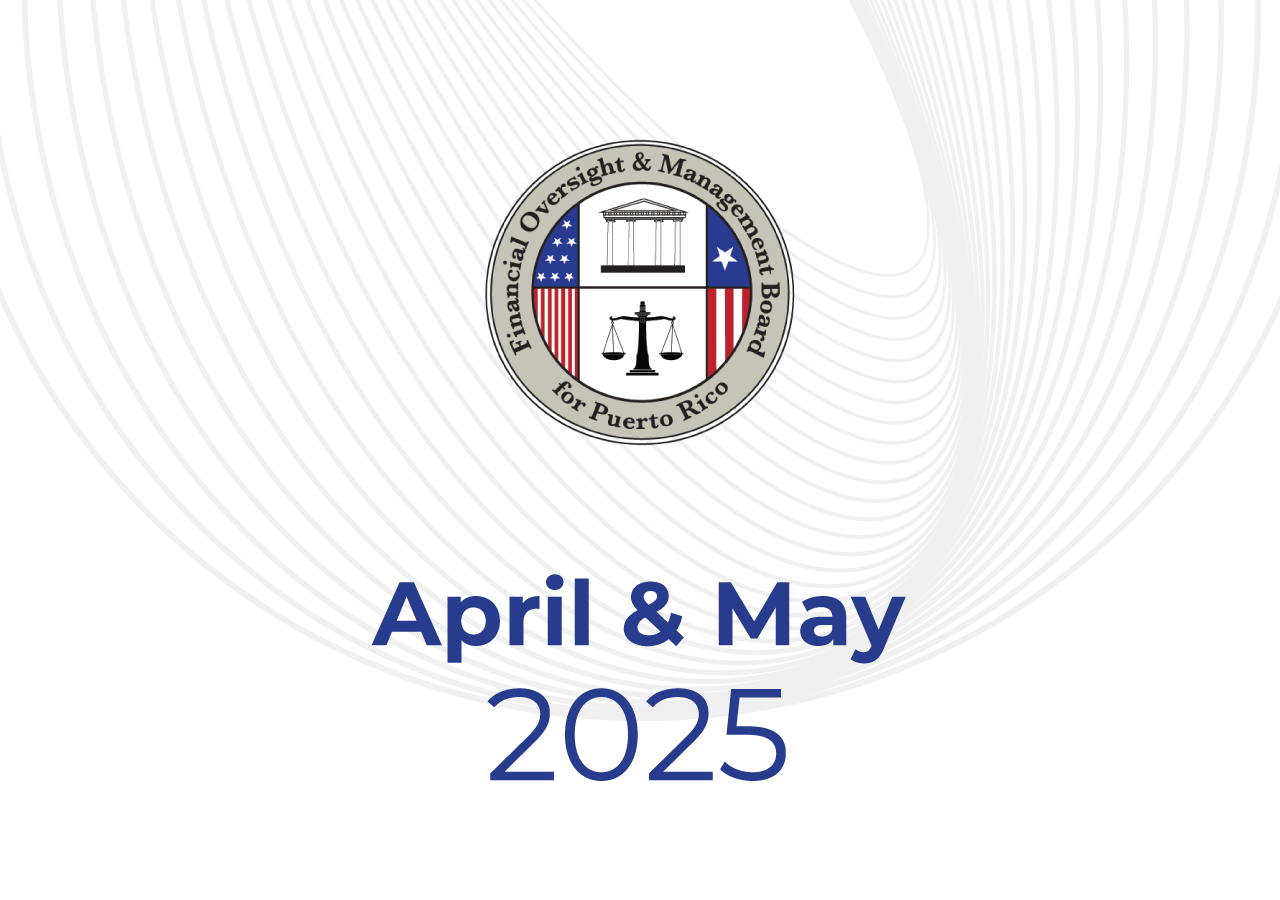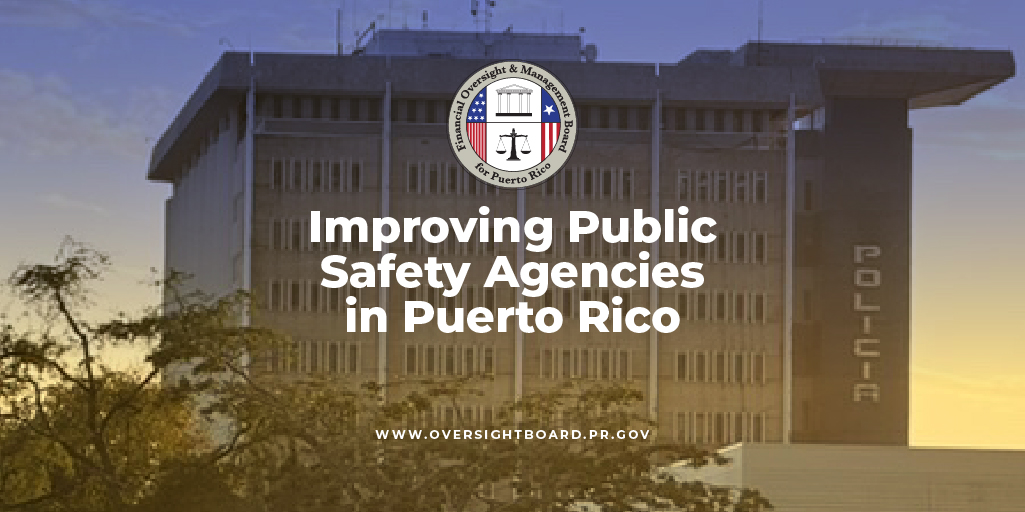This column was originally published in Spanish by Sin comillas on March 1, 2022
As Puerto Rico officially gets out of bankruptcy in March, with Judge Laura Taylor Swain’s recent confirmation of the Commonwealth’s Plan of Adjustment, improving the business climate and fostering economic development will come to the forefront.
To achieve long-term economic development, the Financial Oversight and Management Board has stressed the need for structural reforms to improve human capital and welfare, K-12 public education, infrastructure and energy, and finally, the ease of doing business. Making it easier to establish and operate a business in Puerto Rico seeks to improve Puerto Rico’s competitive advantages to attract more investment and create new jobs.
According to the 2017 County Business Patterns report published by the U.S. Census, an estimated 95% of businesses in Puerto Rico are small and midsize firms with fewer than 50 employees. Yet, they represent 42% of private sector employment and 36% of total annual payroll. Certainly, the private sector plays a critical role in the island’s economic development, particularly job creation.
Studies have shown that countries that enact business environment reforms have seen increases in job creation, business activity, investments and economic growth. Yet businesspeople in Puerto Rico have long complained of obstacles with obtaining permits, property registrations, filing taxes, energy reliability and other operational hardships, which slow down the level of economic activity needed to boost growth.
In recent years, the Commonwealth, working with the Oversight Board, has made progress on the ease of doing business. Various initiatives have made improvements such as: reducing processing time for construction permits by 73% and single use permits by 48% from 2020 to 2021, as well as reducing the Property Registry’s documents backlog by 30%. These results have been achieved by hiring more permits officers and property register technicians at the corresponding government agencies. Furthermore, businesses can now begin operations while waiting for Fire and Health Department inspections, with the general exception of restaurants and bars.
However, many entrepreneurs still encounter government bureaucracy, outdated systems and laborious processes when establishing their businesses.
The Oversight Board carries out periodic surveys to understand how the government has managed the business community’s needs and the overall environment of conducting business on the island. The surveys are also aimed at assessing the progress and effectiveness of the changes implemented by the government.
The December 2021 survey results indicate that the COVID pandemic continues to be a significant concern, as 375 business owners said they were continuing to face adversities nearly two years after COVID first arrived in Puerto Rico. An estimated 69% of participants said they were eligible for financial aid, with 40% expected to receive benefits from SBA Loans and 25% from other funding related to COVID-19 relief. Meanwhile, about 54% of participants indicated that requesting government services took longer than usual in the past six months, a response consistent with prior editions of the survey.
Moreover, 88% of business owners stated that obtaining permits is a difficult task, of whom 54% consider it to be “very difficult” with reasons varying from the multiple agencies that need to be consulted, lack of clarity in the requirements, and “lack of interest” from government employees involved. About 74% of respondents consider the cost of registering property to be somewhat high to very high, and 76% find the process inefficient and difficult.
On a scale of 1 to 6, with 6 being very difficult, most businesses consider operating a company in Puerto Rico to be very difficult, with an average score of 4.5. In addition, 52% of participants consider Puerto Rico’s tax structure to be costly and complex. The number of tax filings required was the main reason for this observation.
The survey results show that Puerto Rico’s government must move diligently to continue investing in technology and ease the permitting and government processes that will promote entrepreneurs and businesses to invest in Puerto Rico. These reforms cannot wait any longer; they must begin now.
The Oversight Board will continue emphasizing the urgency of strengthening the island’s competitiveness in the global market, attracting new private capital, and creating jobs while still being fiscally responsible so that Puerto Rico can have a prosperous economy.





